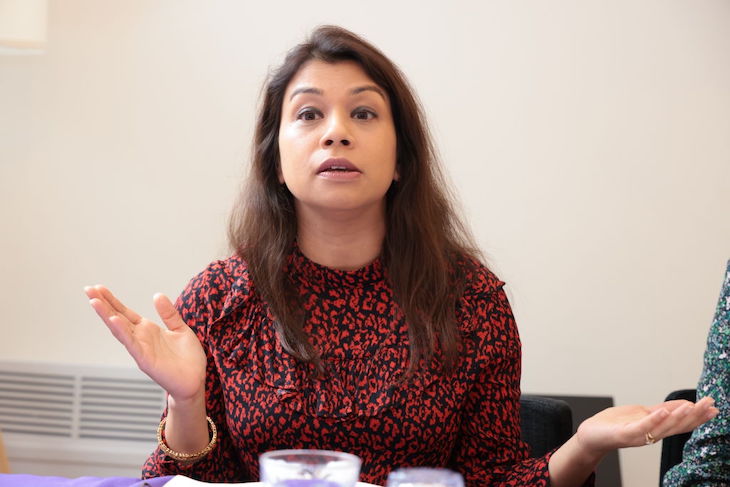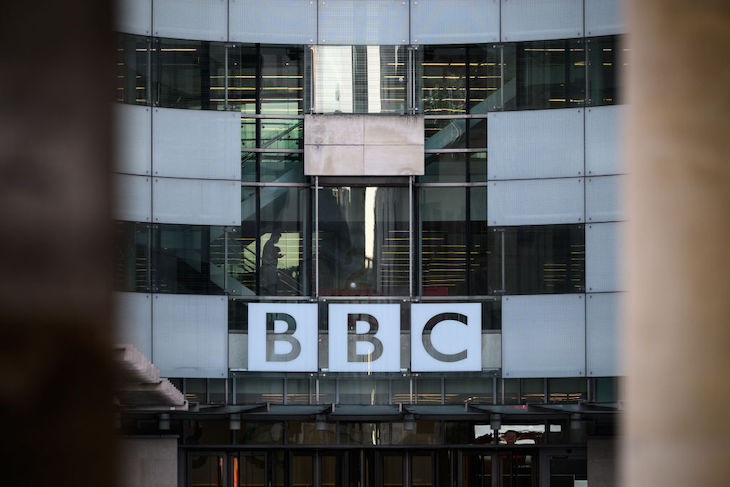If Keir Starmer meets Bangladesh’s interim leader, Muhammad Yunus, as planned at Downing Street this week, their agenda will likely include the country’s transition to democratic elections, scheduled for April next year, as well as how the Labour government might assist in recovering stolen Bangladeshi assets.
Siddiq wrote to Yunus inviting him for “lunch or afternoon tea” at the Houses of Parliament
But the unspoken tension in the room will be Labour MP and former minister Tulip Siddiq – niece of deposed Bangladeshi prime minister Sheikh Hasina. Hasina fled the country on 5 August 2024 following a violent state crackdown on student-led protests, in which over 800 people have been confirmed killed by law enforcement authorities.
In January 2025, Siddiq resigned from her ministerial role following reports over her political and financial ties to the Awami League, her aunt’s now-toppled authoritarian party. Since then, Bangladesh’s Anti-Corruption Commission (ACC) has launched investigations into her alleged involvement in a multi-billion pound nuclear energy deal. In one case, a Bangladeshi court issued an arrest warrant accusing Siddiq of accepting an apartment in an upmarket area of country’s capital city of Dhaka in 2001, allegedly as part of a quid pro quo with a property developer. Siddiq has strenuously denied all allegations, calling them politically motivated.
Just last week, she wrote to Yunus inviting him for “lunch or afternoon tea” at the Houses of Parliament to discuss what she described as a “fantasy investigation” by the ACC: an invitation that is almost certain to be declined.
However, for different reasons, Siddiq remains a politically delicate issue for both Starmer and Yunus, and is likely to be quietly avoided in their discussions.
Since becoming Labour leader in 2020, Starmer had repeatedly promoted Siddiq – his constituency neighbour – through several shadow ministerial roles, ultimately appointing her as Treasury Minister for Financial Services after Labour’s victory in the 2024 general election. In doing so, he appeared to overlook her well-known proximity to the Awami League, by then widely criticised for its authoritarianism and systemic corruption.
For Yunus, Siddiq presents a different dilemma. Much of the investigations conducted by Bangladesh’s ACC’s are emblematic of the ongoing politicisation of Bangladesh’s criminal justice system which is threatening anyone linked to the Awami League. This is similar to what happened when the Awami League was in power – but now they are the targets. The investigation into Siddiq’s alleged role in the nuclear energy deal appears to be based solely on a very obvious disinformation article, which, apart from failing to contain any evidence to support its claims, also used an AI generated picture of Siddiq herself. Raising Siddiq’s name is, therefore, unlikely to be productive for either side; uncomfortable for both Starmer and for Bangladesh’s interim leadership.
Yunus, who won the Nobel peace prize in 2006 for his work on microcredit, was appointed Chief Adviser of Bangladesh’s interim government three days after Sheikh Hasina fled the country, following a request by the student leaders who had spearheaded the nationwide protests. Highly respected in Bangladesh, and seen as “above politics” – though hounded for years by the Awami League government in false criminal cases – he was initially hailed as the right figure to lead the country through a fragile post-Awami League transition. However, with his tenure now lasting ten months, his position as interim government leader has grown increasingly contentious.
The main point of criticism has been Yunus’s decision to delay elections in an effort to build consensus amongst increasingly assertive political parties – which now includes a new student-led party born from the protest movement itself – around a sweeping package of governance reforms. What once seemed like a bold vision for reform appears increasingly unlikely to materialise. Yunus’s critics fear that it may be just a rationale for staying in power.
Nevertheless, Yunus’s interim administration has secured several achievements, particularly notable since it took over a bureaucracy and law enforcement system loyal to the previous government. These include restoring stability within the country after significant recriminatory violence; success at taming inflation with food prices under control; and reinforcing the banking sector, which had been left weakened by billions of dollars in unpaid loans awarded to politically connected businessmen under the previous regime.
Perhaps the most difficult task now faced by the interim government is achieving justice for those killed in the student protests. A UN fact finding report concluded that responsibility for the killings lies with the “former government and its security and intelligence apparatus, together with violent elements associated with the Awami League.”
Earlier this month, prosecutors filed charges at Bangladesh’s International Crimes Tribunal for Crimes Against Humanity against Sheikh Hasina and her former Home Minister, both of whom fled to India. The country’s most senior police officer at the time, under detention, is also accused.
But while this trial targets those you might expect to be accountable, concerns have grown over the arrest and prolonged detention of dozens of other more obscure Awami League figures. Many have been denied bail for months, raising questions about due process and the impartiality of post-conflict justice. This is a difficult challenge for the interim government, as there are powerful political factions in the country who believe it is justified to detain those who supported or participated in the Awami League over the years. Yet Yunus has so far remained silent on these arbitrary detentions – and failed to ensure the release of those very obviously subject to political persecution.
Another issue on which Yunus has remained quiet is on the government’s recent decision to ban the “activities” of the Awami League by defining them as “terrorism”. Apart from its implications for freedom of speech and assembly, this move also eliminates any possibility for the party to reform from within. It threatens to render next April’s elections as uncompetitive and questionable as those conducted when the party itself was in power. Allowing the electorate to decide the Awami League’s standing through the ballot box would have been a far more legitimate course of action for the interim government to take. It would have allowed the possibility of the party withering on the vine as its support shrunk. Banning the party will only make it come back stronger.
In October 2022, when Keir Starmer met Sheikh Hasina, he reportedly did not raise the significant human rights concerns that then existed, including widespread enforced disappearances; some put this reticence down to Siddiq’s influence on him. Although the current human rights concerns under Yunus’s interim government are dwarfed by those committed under the Awami League’s, Starmer, as Prime Minister, should not be so silent with the former Nobel Peace Prize winner.







Comments